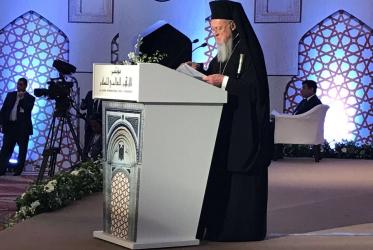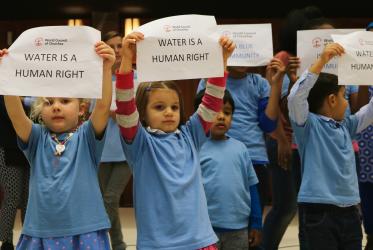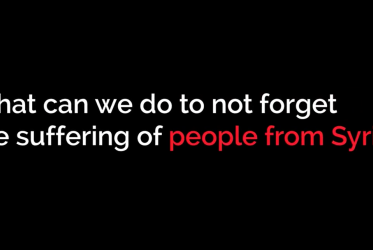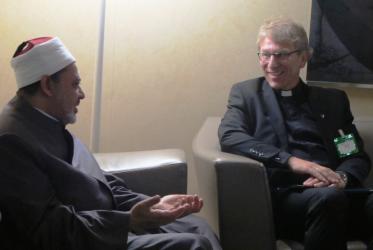Displaying 141 - 160 of 296
‘Love is stronger than hate’
02 May 2017
WCC offers condolences in wake of Great Britain attack
23 March 2017
Archbishop of Canterbury joins “Pledge2Pray” campaign
23 February 2017
An interview with the Ethiopian Patriarch, Abune Matthias
14 February 2017
Patriarch Matthias: “Peace is the message of every day”
10 February 2017
Strong bridges needed more than ever
21 December 2016
WCC general secretary mourns lost lives, calls for end to violence
11 December 2016
Grand Imam calls for collaboration against violence and poverty
06 October 2016
Dialogue flourishes between WCC, Muslim Council of Elders
30 September 2016












